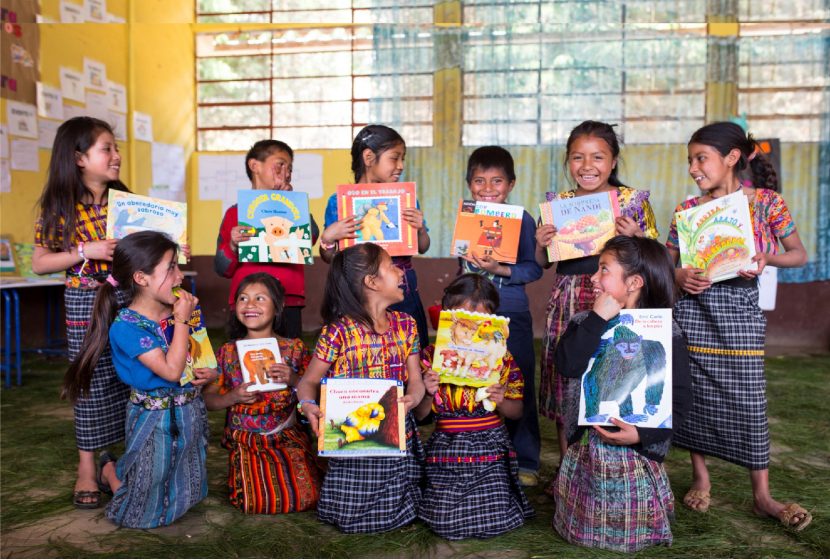In a region that suffers from one of the most extreme combinations of systemic poverty, illiteracy, and inequality, Indigenous Mayans will now have greater access to education and literature. Thanks to a recent partnership between Cooperative Education (CoEd) and the ASEA Advancing Life Foundation, families in the Guatemalan Western Highlands are getting some help.
Poverty, illiteracy, and inequality
According to Cooperative Education, Roughly 79% of indigenous Guatemalans live in poverty, 90% of children never graduate from high school, and 33% of adults cannot read or write. The majority of people do not have access to affordable, quality education. Teachers working in rural schools often lack formal training and the resources to facilitate a proper learning environment.
As a result, educational success is low, and illiteracy and dropout rates are high. Young people do not have the education to secure higher-paying jobs, and thus the cycle of poverty continues.
A program to spark learning
The Spark Reading Program was developed by CoEd to train primary-school teachers in effective reading instruction and provide them with a high-quality library of books. The teachers receive two years of intensive training combined with individualized support and instruction through in-class visits. The teacher is then provided with a library full of various children’s books to help children learn and grow. A recent study found that kids in these classrooms are learning twice as much as kids in their regular Guatemalan classrooms.
Technological access and instruction
Nearly 60% of entry-level jobs in Guatemala require computer skills, yet children in rural communities lack access to computer instruction. CoEd Computer Centers provide high-quality technology instruction to hundreds of school children each week, giving them the technological skills necessary to secure jobs when they graduate or continue their education.
A typical computer center houses around 20 current-model PC computers or 35 current-model laptops. The courses offered consist of 100 lessons spread over a student’s three-year middle school education. Nine in every ten students who have access to these computer labs obtain employment or continue their education. Of the students who participate, 35% fewer drop out of CoEd’s computer instruction program.
Advancing Life answers the call
The foundation has funded a computer lab in a middle school in Monte Sion, which serves 200 students in the San Cristobal, Totonicapan area. We are also sponsoring the Spark Reading program in a small village school of 63 students and five teachers in the district of Sacatepequéz.
If you would like to help students in Guatemala gain greater access to education and resources, consider joining the Advancing Life Donor Alliance. ASEA is matching all donations throughout 2022, so your monthly donation will have twice the impact in helping eradicate illiteracy and poverty in the world. See how you can help.


